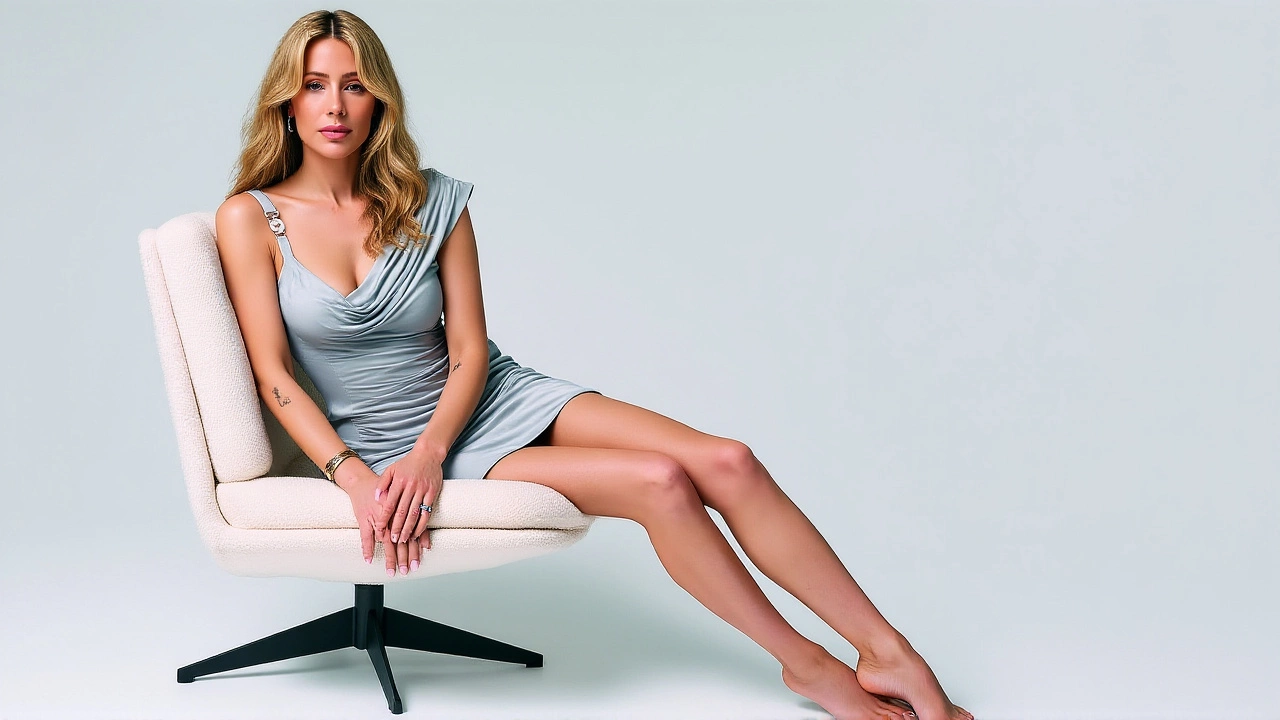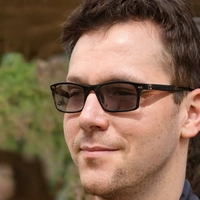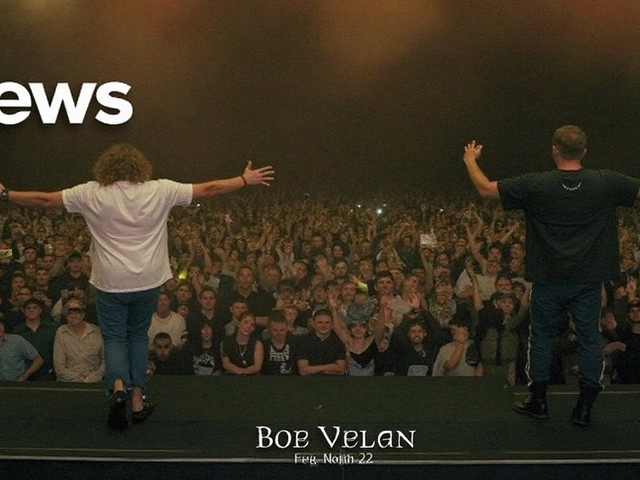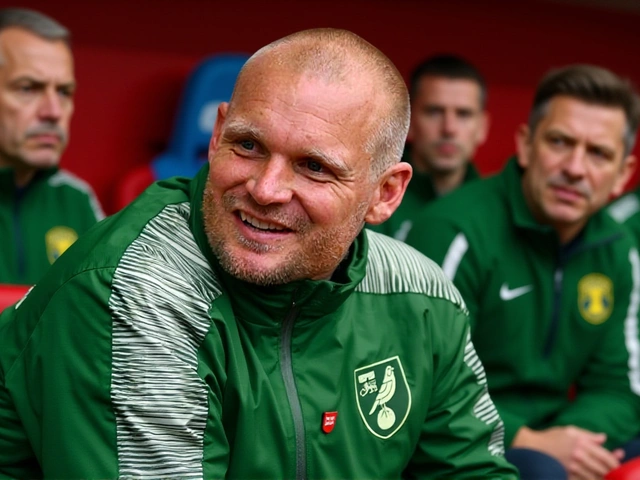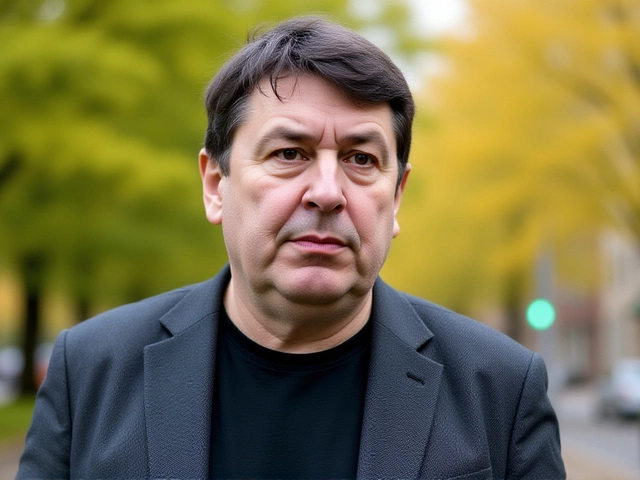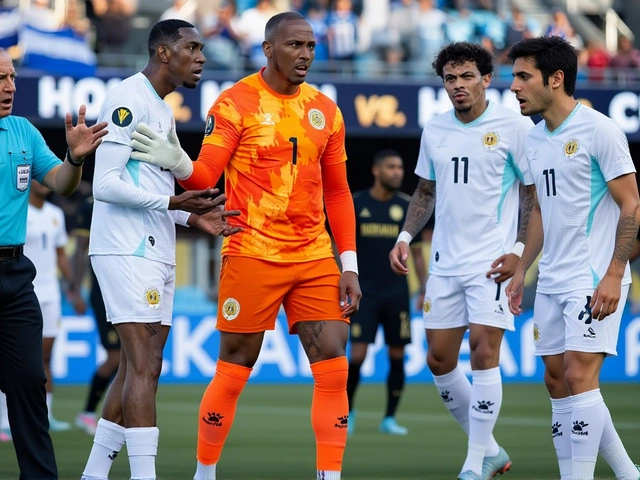Caroline Flack’s death wasn’t just a tragedy—it was a reckoning. The 40-year-old Caroline Flack, beloved host of Love Island, took her own life on February 15, 2020, in her London home. By February 19, the coroner had ruled it a suicide by hanging. But the real cause, as those who knew her now say, wasn’t just mental illness. It was the relentless, public shaming that followed an alleged assault on her boyfriend, tennis player Lewis Burton, on December 12, 2019.
The Stage That Broke Her
Flack had spent years on television, the face of Britain’s most popular reality show. But when allegations surfaced, the spotlight didn’t dim—it exploded. Within 24 hours, her career was in ruins. Her family later shared a raw, unpublished social media post she’d written days before her death: "Within 24 hours my whole world and future was swept from under my feet and all the walls that I had taken so long to build around me, collapsed." She wrote about being on a different kind of stage—where everyone watched, judged, and didn’t look away.
She didn’t deny the incident. But she didn’t get a chance to explain, heal, or recover. Instead, headlines screamed. Memes spread. Strangers dissected her every expression. "She so wanted to have her little voice heard," her family told the Eastern Daily Press. That voice, silenced too soon, is now echoing through the industry.
"I’m Glad It’s You"
On December 18, 2019, Flack texted her close friend and fellow presenter Laura Whitmore: "Hey. About to go see ITV. I hope you are doing the job. I wouldn’t want it to be anyone else." Whitmore, who eventually took over as host of Love Island, replied with news she’d been offered the role. Flack responded with a red heart emoji and wrote: "I’m glad it’s you."
But Whitmore’s follow-up—"How are you doing?"—went unanswered. Flack never replied. That exchange, shared on the fifth anniversary of Flack’s death, is now haunting. It’s not just a text. It’s the last flicker of someone trying to be gracious while drowning.
Flack had stepped down from Love Island in December 2019, just two months before her death. The show’s producers said they "supported her decision." But the public didn’t. Social media turned her into a cautionary tale before she even had a trial.
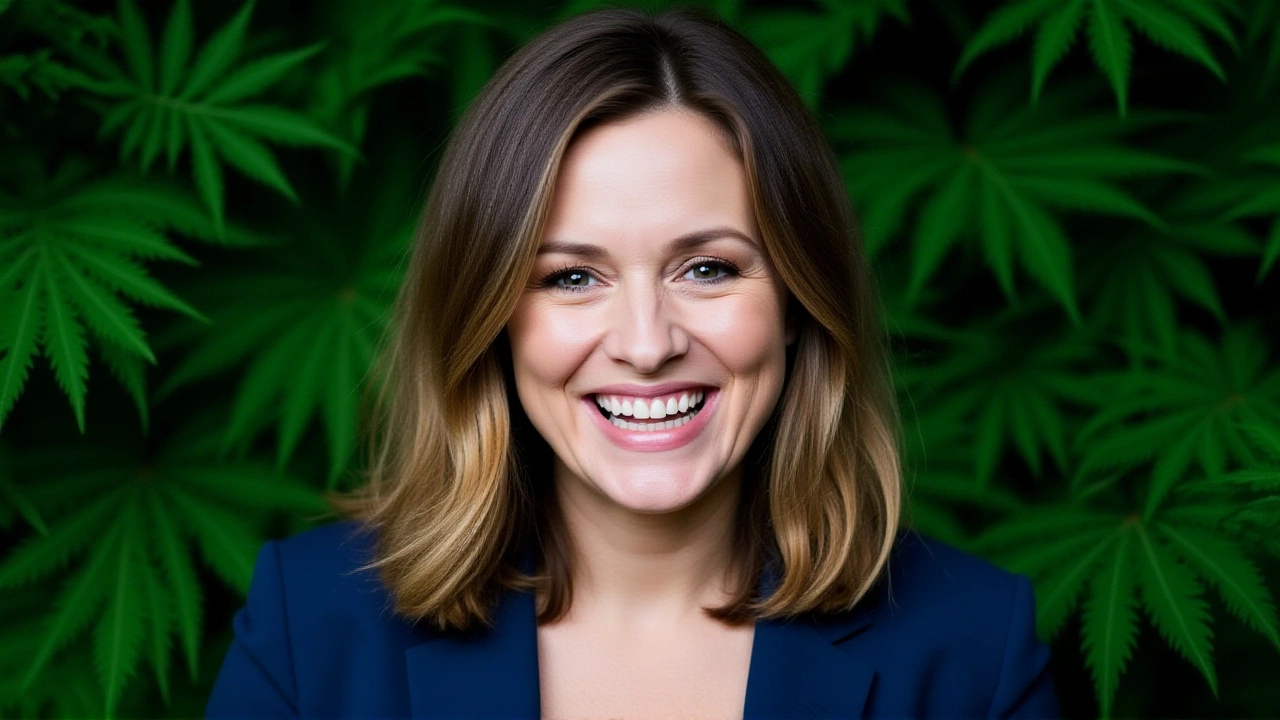
"Social Media Is Medieval"
Now, Olivia Atwood, a 26-year-old presenter who worked with Flack on Love Island: Aftersun, is speaking out. "We still love public trials," she told Refinery29. "Social media is medieval. We’ve got the torches and the stocks, but now we’ve got hashtags."
Atwood, who credits Flack as her mentor, says the pressure wasn’t just professional—it was existential. "Caroline didn’t have a moment to breathe. Every tweet, every comment, every news cycle reminded her she was guilty in the court of public opinion. No verdict, no due process, just punishment by algorithm."
The irony? Flack had spent her career helping people navigate emotional vulnerability on TV. Yet when she became vulnerable herself, the system that made her famous turned on her. "She didn’t need a trial," Atwood says. "She needed a break. And no one gave her one."
What Changed After Flack?
After Flack’s death, ITV launched a mental health review for reality TV staff. ITV pledged better support for presenters. Love Island introduced mandatory psychological evaluations for contestants and crew. But these changes came too late for Flack.
Other shows followed suit—The X Factor, Big Brother, even Love Island’s international versions. But the culture? That hasn’t budged.
Just last year, a contestant on Love Island was subjected to a viral campaign accusing her of "faking" trauma. Comments flooded in: "She’s just doing it for clout." "She should’ve quit if she couldn’t handle it." Sound familiar?
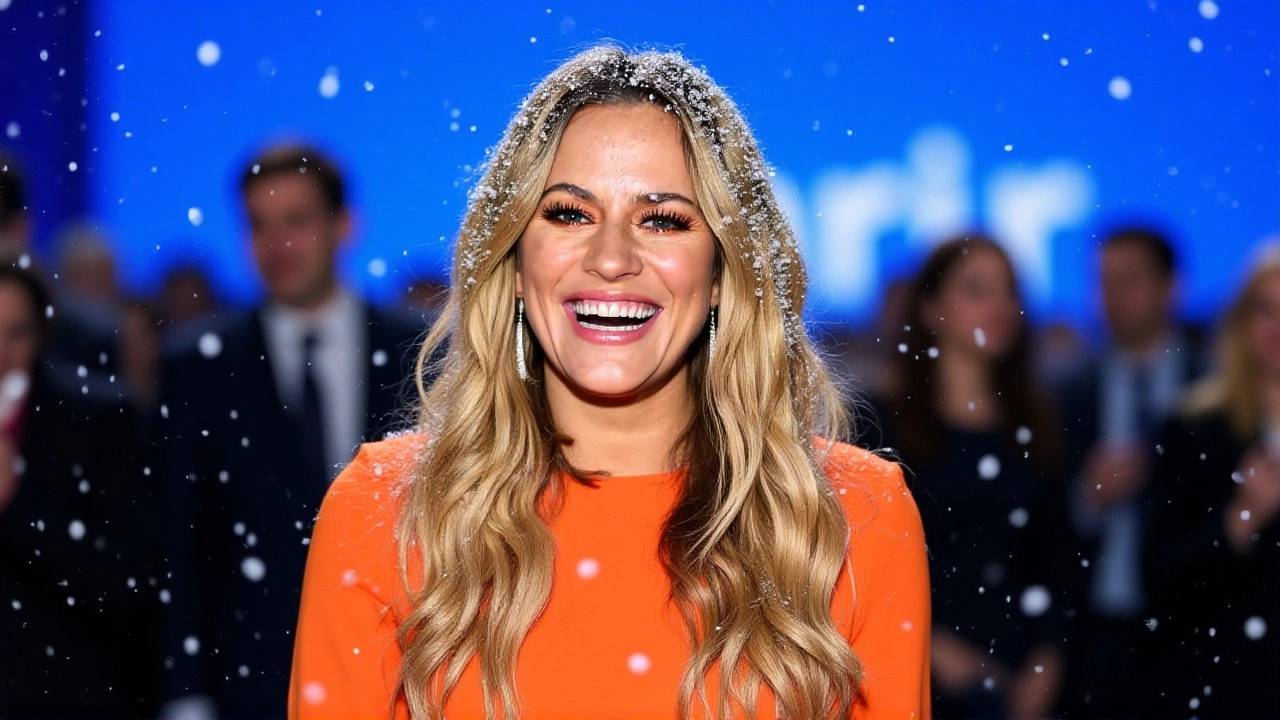
The Ripple Effect
Flack’s death didn’t just shake British television—it exposed a global sickness. In the U.S., influencers have taken their own lives after viral backlash. In Australia, a reality star died amid online hate campaigns. The pattern is identical: a moment of alleged misconduct, a media feeding frenzy, and a person left alone with their guilt, shame, and a billion strangers watching.
"We say we care about mental health," Atwood says. "But we still cheer when someone falls. We still retweet the worst version of someone’s life. We still treat a human being like content."
Flack’s final message ended with: "I’m just trying to get through the day." That’s all she asked for. And yet, the world demanded more.
Frequently Asked Questions
How did social media contribute to Caroline Flack’s mental health decline?
Social media amplified every detail of the assault allegation against Caroline Flack, turning a private legal matter into a 24/7 spectacle. Within hours of the incident, hashtags like #JusticeForLewisBurton and #LoveIslandFiasco trended globally. Online trolls dissected her facial expressions, past interviews, and even her fashion choices as "evidence" of guilt. This relentless scrutiny, without trial or context, made recovery impossible.
Why did Olivia Atwood call social media 'medieval'?
Atwood used the term to highlight how public shaming today mirrors historical mob justice—except now it’s automated and scalable. People don’t need to gather in town squares; they just need to scroll. Algorithms reward outrage, not nuance. Flack was judged, sentenced, and executed in the court of public opinion before any legal process even began.
What steps did ITV take after Flack’s death?
ITV commissioned an independent mental health review, resulting in mandatory psychological support for all presenters and contestants on Love Island. They also introduced "cooling-off" periods before filming and banned producers from pressuring stars into social media engagement. But critics argue these measures are reactive, not systemic.
Did Caroline Flack admit guilt in the assault case?
No. In her unpublished social media statement, Flack denied the allegations, calling them "inaccurate and deeply hurtful." She was awaiting a court date when she died. Her legal team had not yet filed a formal defense. The case was never heard in court, leaving the truth unresolved—something her family says only deepens the tragedy.
What’s the legacy of Caroline Flack’s death in reality TV?
Flack’s death forced the industry to acknowledge the psychological toll of reality TV stardom. While protocols improved, the underlying culture hasn’t changed: audiences still crave drama, networks still profit from outrage, and social media still rewards cruelty. Her story is now a cautionary tale—but too often, it’s treated as entertainment, not an emergency.
How can viewers help prevent similar tragedies?
Pause before sharing. Question headlines that reduce people to villains. Support mental health initiatives in entertainment. Remember: behind every viral moment is a human being with a family, fears, and a fragile sense of self. The most powerful comment isn’t the loudest—it’s the one that chooses silence.
